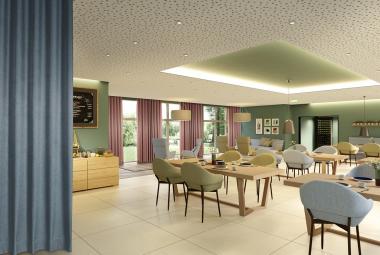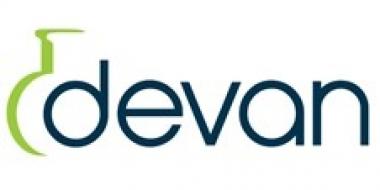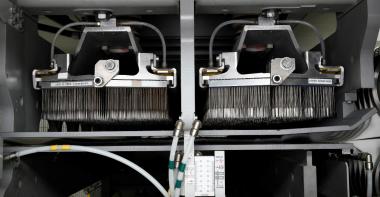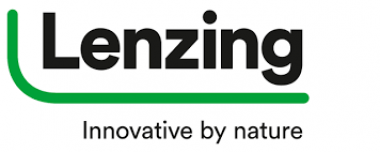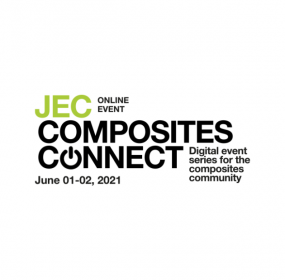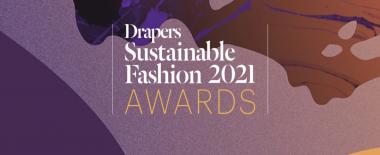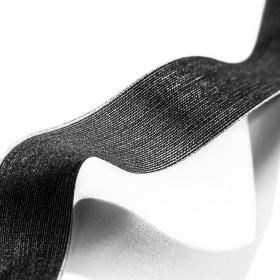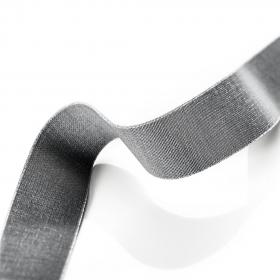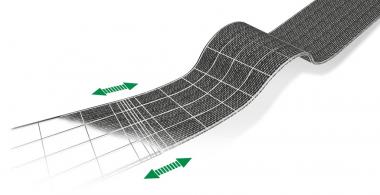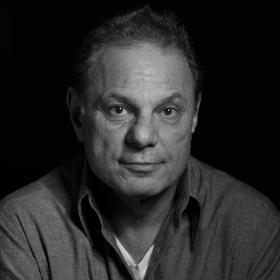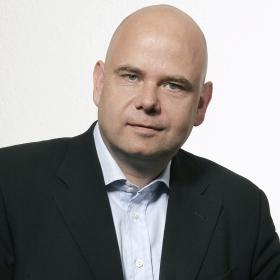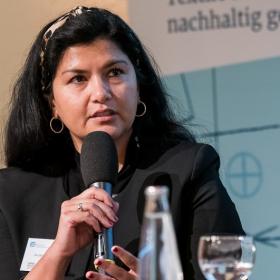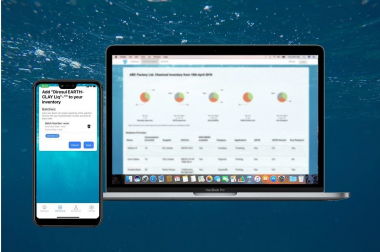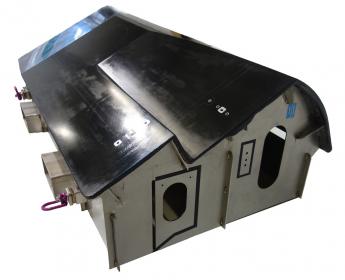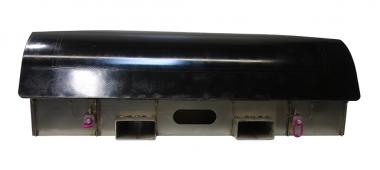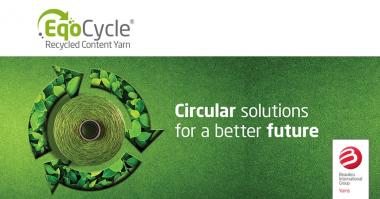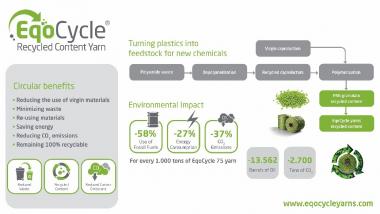Month's drapilux recommendation: The epitome of piece dyeing
- Inspiring Interiors
Textiles are an inseparable part of the interior as they give a room atmosphere and good acoustics. But which fabric is best suited for which purpose?
This month's drapilux recommendation is drapilux 115 and is aimed at classic and modern hotels as well as offices.
- The epitome of piece dyeing: drapilux 115
Sustainable, flame retardant and a true eye-catcher – drapilux 115 combines all these features in one fabric. This decorative fabric, which resembles the material of a bedspread, has been created using an innovative yarn, part of which has been manufactured with sustainably produced fibres. The unusual look is achieved by means of a two-tone effect, as the woven material is dyed using a complex cationic/anionic process. The combination of sustainably produced fibres and flame retardancy makes drapilux 115 the quintessence of piece dyeing. Thanks to the modern colours, the fabric is very versatile.
schönknecht : kommunikation
gesellschaft für public relations und marketing mbh


